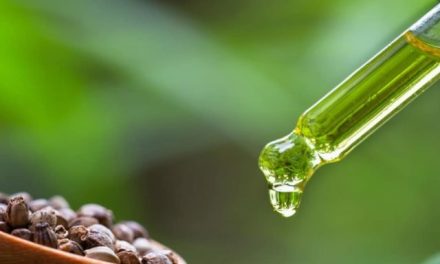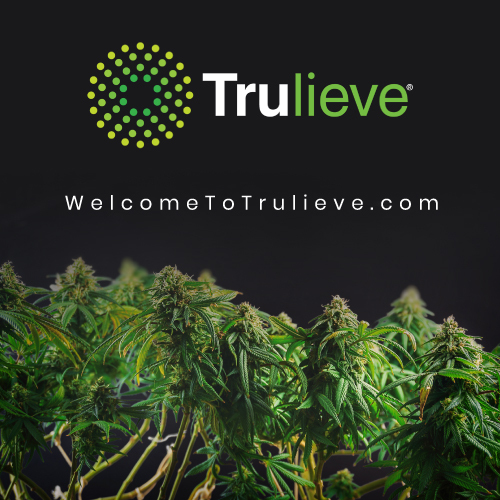By Jeff Greene
The Federal Farm Bill legalized hemp in 2018. It was a huge deal for those in the hemp space but most retailers, those not in the smoke shop world at least stayed oblivious. Creating products that are not the standard oils, creams and gummies was the logical next step in an industry that is expected to grow into the billions. However, large chain retailers are hesitant to accept any hemp products with any THC delta 9. Consumers are hesitant to try hemp products, especially those that have routine drug tests, are hesitant due to the trace amounts of THC delta 9. Lastly, Amazon remains bi-polar in their rules, allowing then not allowing, then allowing, and then allowing advertising, and then throttling it.
It’s time for the FDA to step up and give guidance on low dose cannabinoids and low-level THC products.
The FDA to its credit has been hesitant to pass rules without the science. And with a pandemic taking up most of the oxygen in the agency, the science has been slow. Our industry is also a bit bi-polar. We have GRAS (generally regarded as safe), fiber and cannabinoid products. Fiber is not being ingested so it is not subject to the same regulations as food. Alas, drug products, making medical claims, are facing their own challenges with an FDA that is racing to catch up with the science. And the traditional barriers to prevent new products in the building industry are slowly crumbling, with hemp-based wood and hemp-based insulation slowly gaining acceptance.
Smoke shops are tending toward the legal psychotropic products rather than the healthier wellness products. That tracks, but it has definitely slowed the additional products that are coming out.
Smoke shops have been hesitant to bring products that focus on the minor cannabinoids because it requires salespeople to actually educate their customers. For many smoke shops, getting their employees to do anything other than make change can be challenging (and sometimes that is a challenge).
Over the next few years, the industry will continue to go through a consolidation. The big CBD companies are getting gobbled up by publicly traded companies, out of necessity more than anything. Scale is expensive. Growing into a brand is expensive. Growing a category is very expensive. All of these things are required for a good portion of the hemp industry.
The transition from smoke shop products to consumer-packaged goods has begun. We are seeing better packaging, better advertising, better products. The farmers have been the hardest hit. For those large companies that didn’t find a publicly traded company, bankruptcy occurred, both in Kentucky and Colorado. And the farmers in those states were the victims of visions gone amiss.
Trying to create products with long term strategy on pricing and demand continues to prove challenging because of the wide swings in biomass prices and the lack of readily accepted distribution and retail. The expectation is that this is temporary, and prices will eventually normalize at a level that farmers can accept, and manufacturers can rely on. Regulators will start to allow low levels of THC in blood and urine tests so that the health benefits of hemp can be realized by pilots and truckers and the like. It’s insane that a pilot can go out and drink the night before a flight and not have any issues, but if he takes a full spectrum hemp product he can be fired. This also applies to the trucking industry. These are the rules that are changing the slowest because public safety is perceived to be endangered. I would argue that public safety is actually better if truckers can ease their back pain or pilots can relax and focus on his controls.
Being a pioneer in any industry is a challenge, nobody ever said it would be easy and no industry that I have been in has been as inclusive and entertaining. Public opinion has shifted substantially on cannabis and arguably even the higher doses of THC should be Federally legalized and regulated now that we have exceeded 25 states that have legalized it. This country was founded on states’ experimentation and once that can be studied, the best results from each state are adopted and a Federal regulation is born. This is the standard way to do things, but cannabis has never been standard. This is apparent from the 1930s when it was used as a tool for racism and protectionism. And throughout the 1960s and 1970s, when it was used as a tool for search and seizure. And even today, the industry struggles with communication with law enforcement because it is a perceived we vs them dynamic. In general, most good hemp and cannabis companies reach out to law enforcement early and often to avoid any misunderstandings.
Finally, products are getting better. Good Manufacturing Practices (GMP) is becoming the baseline, and medical claims are not as prevalent in advertising because the industry is educating itself on what the FDA will allow and what it won’t. This does get more difficult due to the apparent civil war within the FDA, with one side feeling like the plant should have never been legalized and one side wanting to actually regulate it.
When will retailers and distributors catch up … when consumers demand it. Stress is at an all-time high in this country and the population is aging. Tobacco is killing them. There will come a time when truckers stand up to the Department of Transportation and demand change. Professional sports have already started changing and both the NFL and MLB have eliminated THC from their bevy of tests. If you are thinking about getting into the business, it’s not too late but it will be soon. Consolidation will increase the barrier to entry and costs will continue to rise due to inflation and the supply issues that are a reality due to the pandemic and will remain an issue for years. Hopefully, our Federal government will incentivize manufacturing not just in hemp but in every sector. If we have learned nothing from the last two years, it is obvious that we need to bring back American manufacturing.










